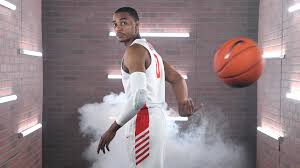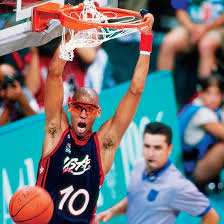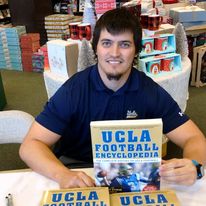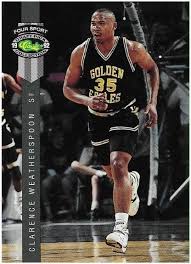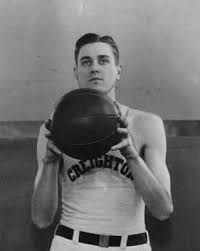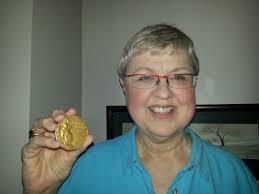CLICK HERE for all of Hoops HD’s Continued and Extensive Preseason Content
We hope you are ready for a season unlike any other: testing, distancing, and bubbles, oh my! Nobody knows exactly what is going to happen, when it is going to happen, or whether anything actually will happen…but in the meantime we will try to restore some order with season previews featuring the best players/coaches/administrators in the country. We continue our coverage with Dayton SR PG Rodney Chatman. He began his college career at Chattanooga, transferred to Dayton, and started for 1 of the best teams in the nation last season. HoopsHD’s Jon Teitel got to chat with Rodney about almost going undefeated and his expectations for this year.
In February of 2018 as a player at Chattanooga you scored a career-high 26 PTS/9-15 FG in a loss at East Tennessee State: was it just 1 of those situations where every shot you put up seemed to go in because you were “in the zone”? Yes: it was a big rivalry game on the road and our team really needed a win. I got some experience and used it to my advantage.
Why did you decide to transfer later that year, and what made you choose Dayton? We had a coaching change and it was no longer my style of play. I feel like I chose the right school with a coach who was just named national COY so it worked out for the best.
You play for 2020 national COY Anthony Grant: what makes him such a great coach, and what is the most important thing that you have learned from him so far? He is a wise guy who always has the right words in any situation and knows the importance of a good team culture. He taught me about tempo: when to push and when not to. After games we review the stats to see how efficient we were and he is consistent in everything he does.
You led the team in STL last year: what is the secret to being a good defender? I grew up watching Kobe Bryant/Rajon Rondo in their prime. Watching film helps a lot to understand a player’s tendencies. I know what my opponent’s go-to moves are and I try to make them uncomfortable. I have always been a good defensive player dating back to high school: it is my strong suit.
You went 29-2 last year with a pair of single-digit OT losses to Kansas/Colorado at neutral-site games: how close did you come to going undefeated? We lost 1 of those games on a buzzer-beater (www.youtube.com/watch?v=YYCyzyg601w) but were just focused on being the best we could be in March. It would be great to have gone undefeated but those 2 losses made our team better. We wanted to dominate the conference and make the NCAA tourney so I think we accomplished all of our goals.
You were the #1 seed in the A-10 tourney last March before learning that the entire postseason was canceled due to the coronavirus: what was your reaction when you 1st heard the news, and do you think that it was the right decision? We were all devastated: I have dreamed of playing in the NCAA tourney since I was a kid so my anticipation was at an all-time high. We wanted to keep proving our doubters wrong so it hurt…but it was the right decision. We are men before we are basketball players so it was important to remain healthy: we have long lives ahead of us and are blessed to have a new season starting on November 25th.
You lost a couple of senior starters from last year in Trey Landers/Ryan Mikesell and 2020 national POY Obi Toppin decided to turn pro: how will you try to replace all of that offense/leadership? We just have to regroup and there is strength in numbers. My freshman year I joined a 29-win team that was kind of in the same situation, but now I am on the other side of it since I am 1 of the veterans. All 3 of those guys were great but now we are underdogs and looking at it as an opportunity.
Your father Rodney played basketball at USC: who is the best athlete in the family? My mom is the best athlete: she played basketball at Bethune-Cookman. My dad also played football in high school and could have gone to Notre Dame.
What is it like to be an African-American man in 2020? It is challenging. I have a younger brother who I think about every time that I wake up. At times it is scary but we just want equality: I do not understand what is so hard about that. We are just fed up with being at the bottom but everyone on our team is registered to vote so we will just take it day by day and make the right decisions. We need to use our voices/platform to demand change.
What are your goals for this season, and what are your expectations for this season? My goal is for our team to be as connected/close as we can and just go fight and not back down from anybody. We want to win the conference again and defend our championship so people will have to go through us. We want to be in the best shape we can and help our younger guys learn our offense/defense.

